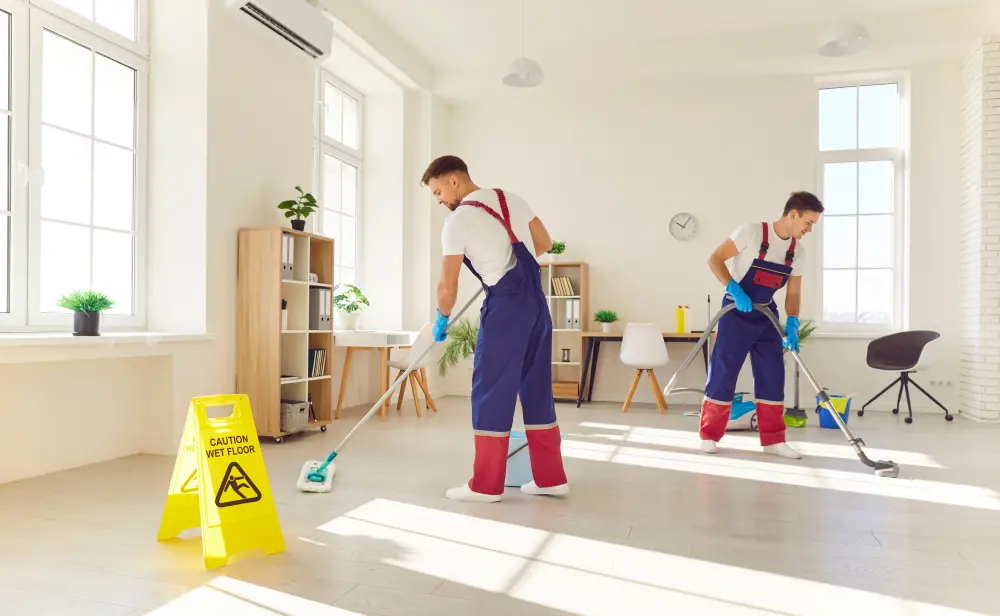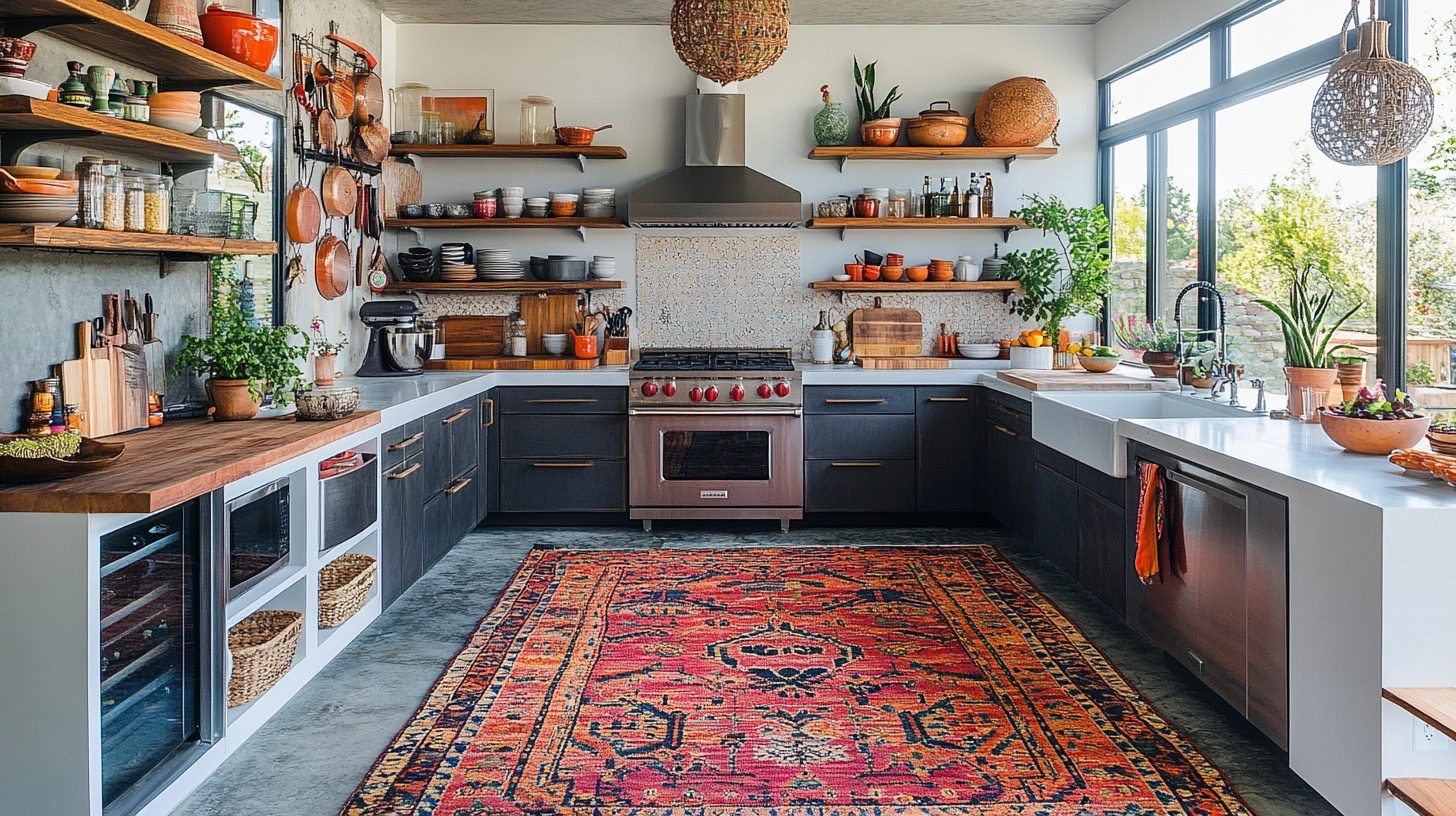Every house has a house number however it’s often a forgotten design element. When new visitors arrive at your house it’s the first thing they notice in confirming they’re actually at the right place and it sets an important first impression, so a house number design is crucial from both a functional and aesthetic perspective.
There are three key components that we recommend in selecting the perfect design for your house number or plaque design:
Consider the Colour & Finish of your House Number
When choosing a house number, one of the first elements to consider is the colour or the finish. In selecting the finish, it’s crucial to also keep in mind the colour of the surface that your house number or plaque will be fixed to. A black number plaque on a black surface for example will fade into the background, so choosing a finish with contrast is best for maximising impact.
Numbers with high contrast from their mounting surface will stand out – important for both visitors and emergency services. You’ve likely spent some time in carefully selecting the colour of the wall or your front fence. For example, if you’ve selected Dulux Monument paint for your fence, rather than matching this with the colour of your house number or house plaque, selecting a contrasting colour such as a matt white powder coat will go a long way to ensure they stand out.
The finish of a house number usually refers to a coloured powder coat, however another finish option is a brushed aluminium finish. Brushed aluminium is a modern look that stands out well against many darker colours. It’s important to consider that while powder coated numbers are chromate treated and then powder coated, brushed aluminium numbers and plaques do not go through the same process so are not as durable in coastal areas. If you’re fortunate enough to live in a suburb near the beach, selecting a powder coated number will maximise its durability.
Font Style
Once you’ve locked in your choice of finish the next element to consider is the font style. If you look around your neighbourhood, you may notice a consistency with the [somewhat bland!] font styles that are used. Selecting a different font not only helps your house stand out from the pack, but also provides an opportunity to tie in with the style of your home. Have a mid-century home? Choose a mid-century styled font such as Beaumaris. A more traditional Edwardian home? Select a traditionally styled serif font such as Uppsala.

There are SO many options when considering fonts. Fonts that work best for house numbers and house plaques balance being unique, easy to read and also being well designed. Although it may seem like a simple decision, a font style that doesn’t match the style of your home can significantly impact the overall cohesiveness of your property. Design decisions that are consistent and cohesive help your visitor to understand overall the design of your home.
In determining a font that will work well for your home, one approach that can work is printing out your house number in the fonts you’re considering and in the size appropriate for your placement. Stick your print out to the fence or side of house where you’re intending to install the number, then step back to the middle of the street. If the number can be seen, stands out well, is consistent with the design of your house, and you generally like it, then you’re on the right track!
The Size of your House Number
A final element to consider in regards to your house number or plaque is the size. Smaller house numbers are more affordable, and it’s certainly tempting to let your budget lead the decision here! The choice of size however should come back to the functional and design elements that you’re needing your number to deliver.
Super small house numbers can often be missed, leading to confusion for your guests or emergency services. A number or plaque size should be large enough to be easily read from approach to your house. The house number size is also an opportunity to move beyond the functional, and use it as a design feature. With a mid-century home design for example, large house numbers are often used as a distinct design feature.
With so many options on sizes, finishes and font styles, above all else the most important element is to ensure you’re happy with the overall design. A house number is something you’re likely to see EVERY time you leave or return to your house, so it’s important you like it!
This post was submitted by our friends at House Numbers: At House Numbers we offer a range of fonts, sizes, and finishes to suit most of house styles. If you’re working on a commercial project, we can even assist with custom designs and finishes. Feel free to get in touch if we can assist with answering any questions, we’d love to help!







